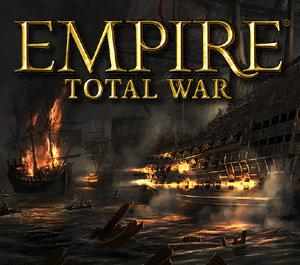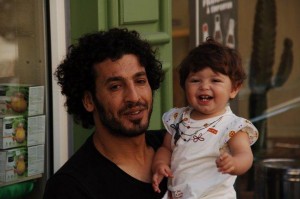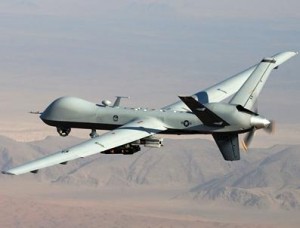Indefinite Enemies
Looking at the Humanity of Others
by Robert C. Koehler
You’re strapped to a metal table, unable to move. They stick a two-foot plastic tube up your nose, then down the back of your throat into your stomach. They squirt in the liquid protein. You gag, bleed, vomit. It’s unbearably painful.
 The practice of involuntary force-feeding is condemned by most medical organizations, including the AMA. It’s banned by most governments. It’s torture.
The practice of involuntary force-feeding is condemned by most medical organizations, including the AMA. It’s banned by most governments. It’s torture.
When I read about the process by which authorities are breaking the hunger strike at the Guantanamo Bay detention center — a process that’s also used regularly in U.S. federal prisons, by the way — I was struck by the utter efficiency of it. The “food†is transmitted directly from bureaucracy to digestive system, bypassing the consciousness of the individual hunger striker. The human being inhabiting this body is completely irrelevant; he only dies when we say so.
Just think about how powerful we are. Just think about how secure we are.
In the overall context of the war on terror and the harm it has unleashed on the world, the Guantanamo hunger strike, involving 100 of the 166 detainees still being held at the facility — about two dozen of whom are now being force-fed — is a fairly small matter, perhaps. But the symbolic significance of it is beyond description, not only because of the hatred it foments against the United States and the combatants it recruits, but also because of the obvious common decency and common sense it flouts. (more…)





